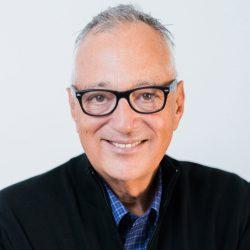Today, I’m in Ethiopia, home to one of the most ancient human civilizations on earth.
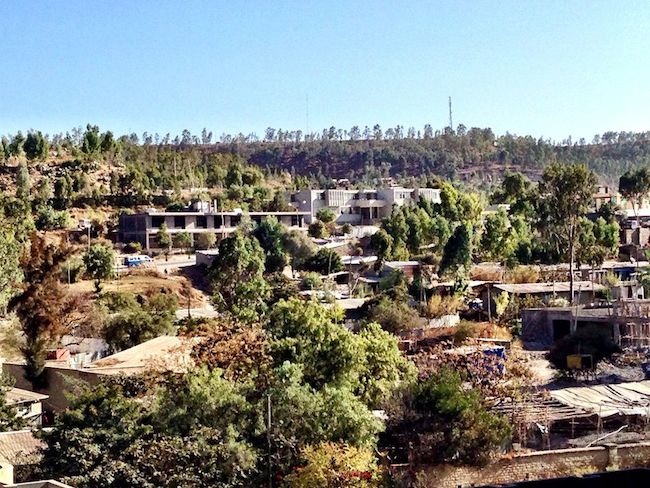
It’s a nation made up of farmers and herdsman who have worked the land for centuries, preserving a way of life that is as beautiful as it is difficult.
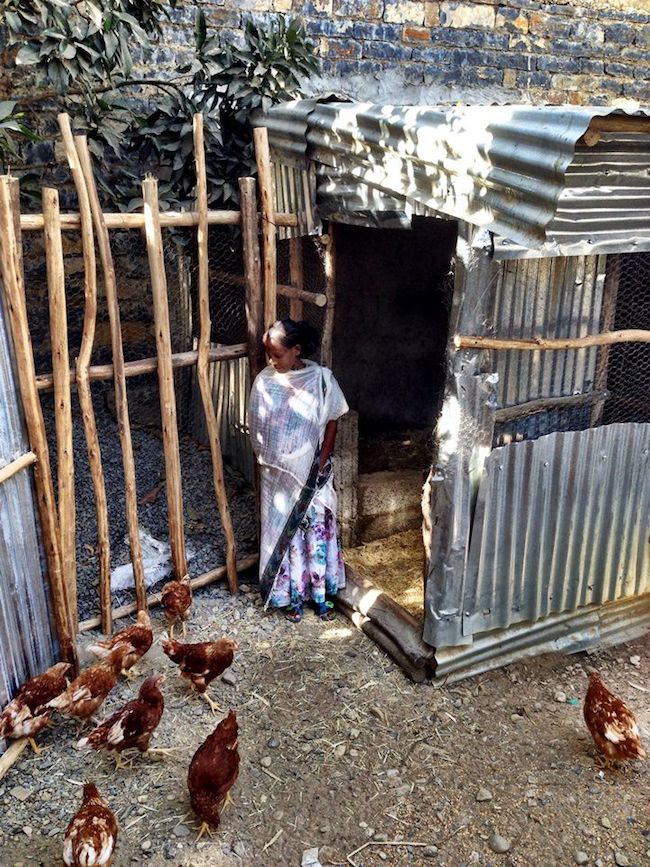
When we arrived, we were greeted by a crowd of smiling tribal women and presented with a traditional Ethiopian coffee ceremony that is usually reserved for momentous occasions—birth, coming of age, marriage, and other tribal celebrations. Today, they graciously chose to share it with us . . . a handful of Americans who were simply there to help.
It was a tremendous honor. And I couldn’t get enough of the coffee.
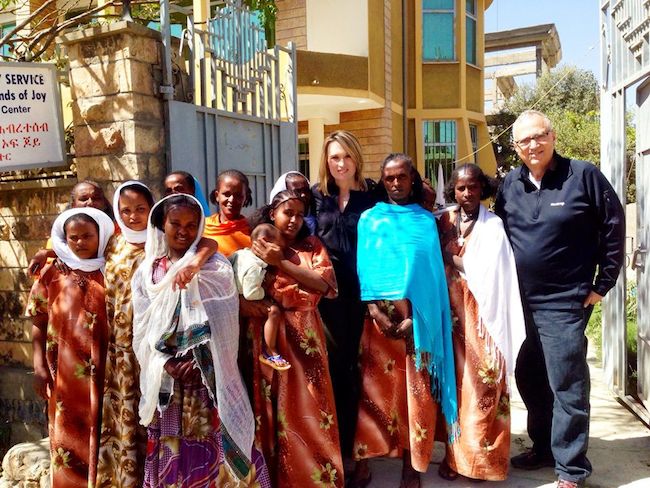
Meeting the incredible mothers being served at HHOJ.
Their generosity was incredible, especially knowing that for so many, everyday life is often a struggle for survival.
Ethiopia is the second-most populated country in all of Africa, and also one of the least developed. With nearly half of the population living on less than $1 a day, it remains one of the poorest nations on earth.
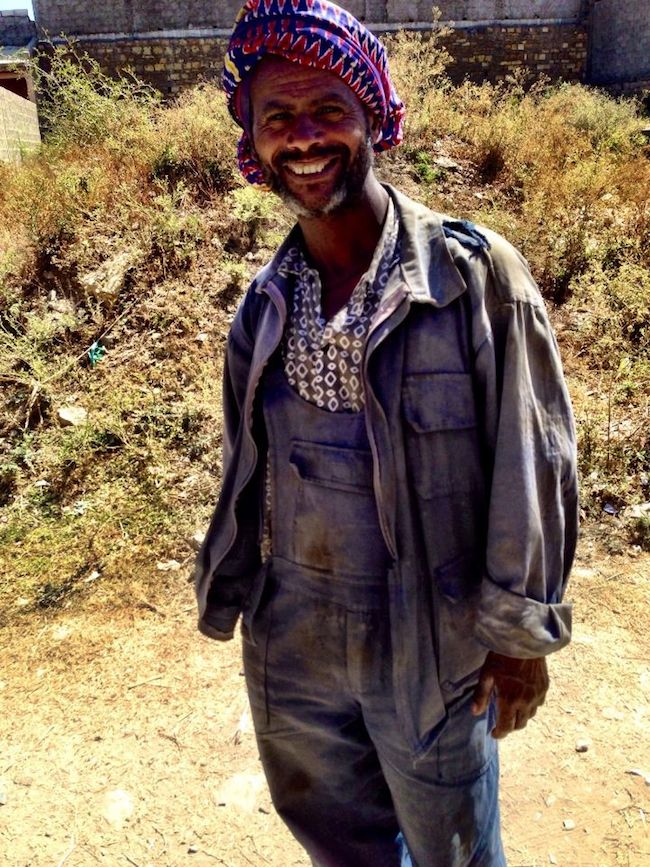
The slow growth of major cities has relegated the majority of the population—a staggering 85 percent—to rural areas where clean water, health services, education, and opportunities of any kind are scarce.
For women in particular, life here is very hard.
With virtually no access to specialized obstetric care, the chance an Ethiopian mother will die giving birth is 1 in 27 . . . one of the highest maternal mortality rates in the world. (tweet this)
An even greater number of women suffer from long-term childbirth injuries that are completely devastating—both physically and emotionally.
Because of the cultural stigmas associated with these injuries, many victims are seen as a curse and are abandoned by their families—forced to live in isolation for the remainder of their lives. The results are tragic: Without help, most women never recover.
I can’t begin to imagine the overwhelming sadness, sorrow, and the humiliation. I thought of my wife, my grown daughters with children, my own mother: What if this had happened to them? What if they had to endure this kind of suffering and rejection?
Our prospective partner Healing Hands of Joy (HHOJ) is doing extraordinary work in rural Ethiopia to address this issue effectively and holistically.
Let me briefly introduce them to you with this video:
Watch Healing Hands of Joy | World Help from World Help on Vimeo.
The expert staff here collaborate with obstetric hospitals to arrange safe deliveries for woman living in the Tigray region of Ethiopia—a rural region where there is virtually no medical assistance for women.
They also come alongside women who suffer from birthing complications, providing support, medical care, and reintegration into their communities.
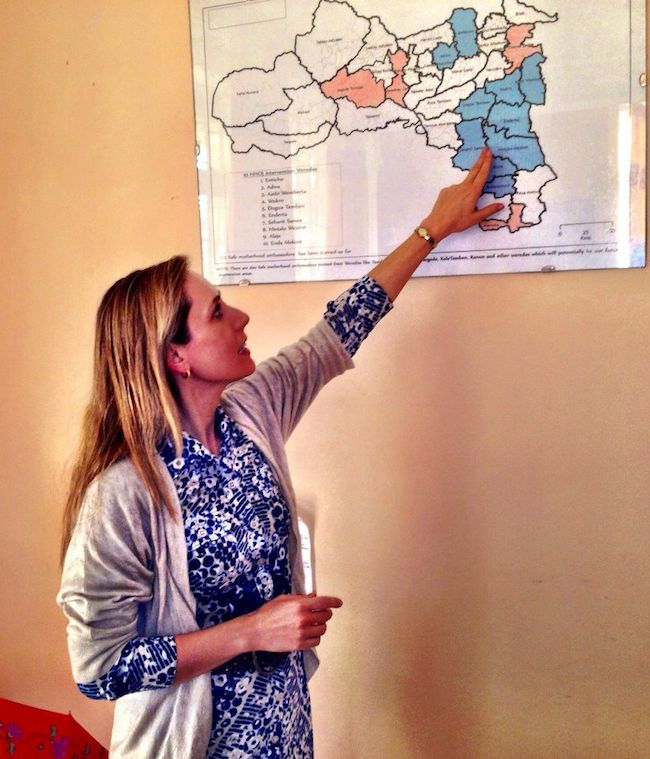
Allison Shigo the founder of HHOJ explains the program’s outreach strategy.
Many victims have been ostracized by their families and have no way of providing for themselves or their children. One of the main ways of addressing this is to provide job training, micro-loans, and opportunities for income generation.
The women here are given dignity and purpose through work as proud tea shop owners, beekeepers, livestock farmers, and budding entrepreneurs.
Cultivating literacy is also an incredible way of giving women here a second chance. Since there is little emphasis on the importance of education for girls, the literacy rate for Ethiopian women is only 38 percent.
Our hope is that by providing these opportunities, along with the good news of the Gospel, thousands of women will be able to live fuller, more hopeful lives as they discover their God-given worth and potential.
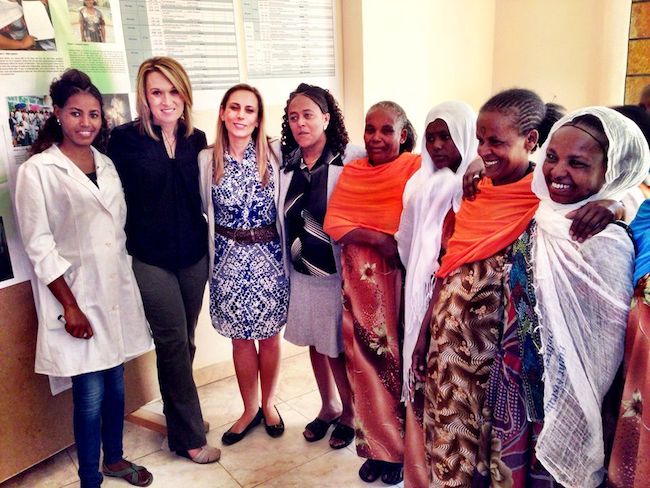
My daughter and World Help Vice President Noel Brewer Yeatts gets to know the mothers of HHOJ.
Each of these remarkable outreaches has a common goal: To raise up women who are healed, restored, and share the desire to reach the thousands of mothers around the area who are still waiting for help.
Empowered with the tools to succeed—medical care, emotional support, spiritual direction, and a livelihood—many former victims have chosen to become safe motherhood ambassadors.
These courageous women travel to communities across the region, identifying mothers that need help, and providing educational training in the areas of pregnancy, prenatal care, childbirth, childcare, and more.
To date, 224 women have become ambassadors and nearly 2,000 at-risk mothers have been impacted with health and hope. Can you imagine the transformation? The gift of a new beginning?
Every woman I spoke to who was a part of the program at HHOJ had a tragic past—but you would never know it by their smiles, their joy, and their newfound hope in a God who loves and values them.
It was one of the most moving images of transformation I’ve ever seen.
I believe God has something amazing in store for the future of this program . . . for the future of the Ethiopian mothers who are still suffering in anonymity.
Pray that He would help us develop a long-term strategy that would enable us to stay on the frontlines of this important issue. Pray that doors would be opened and that plans would be made. Pray for wisdom and for the courage to take on God-sized tasks.
I believe with all my heart that God can do the impossible here . . . revolutionizing the nation of Ethiopia . . . one mother at a time.




